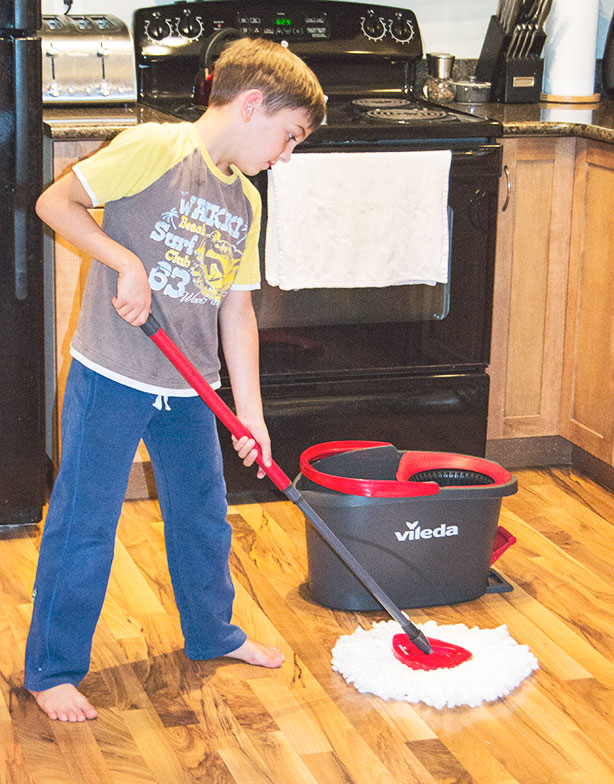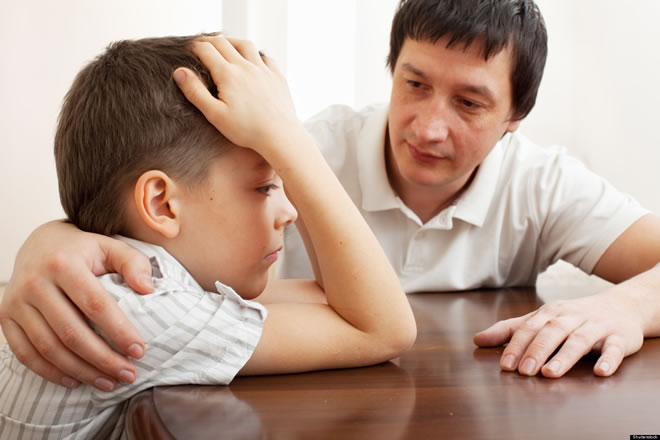"Thomas Mann, Nobel laureate in literature, said, “Speech is
civilization itself.” Yet words can brutalize as well as civilize, injure as
well as heal." (Ginott, H. G., Ginott, A., & Goddard, H. W. (2003). Between parent and child: the bestselling classic that revolutionized parent-child communication. New York: Three Rivers Press.)

Image found on Google
This
quote really shows the power words have.
They can be powerful tools depending how we use them to shape and mold
our children. Used incorrectly they can cause hurt, low self-esteem, and create
lifelong consequences. In fact, it has been reported that children
who have been verbally abused by their parents often have more psychological problems
than those who have been physically abused. There are more productive ways
to correct our children’s poor behavior than by yelling at them. “Being firm
does not require being mean. They are two completely different things.” (Steinberg,
L. D. (2005). The ten basic principles of good parenting. New York:
Simon & Schuster Paperbacks.)
Image found on Google
Too often parents are quick to react when their child
misbehaves. Instead of taking the time
to take a breath, collect their thoughts, and then react, harsh words are said
and the situation just escalated to another level. I have found a couple
approaches that can help parents avoid these types of situations. These approaches take practice. They might seem uncomfortable at first, but
the more you use them the more comfortable they will become and the more natural
they will feel.
One approach is using these 5 steps of discipline shared by
Dr. Steinberg.
1- Identify the infraction.
2- Describe its impact.
3- Suggest an alternative.
4- Describe the punishment.
5- Set expectation for better behavior the next time.
An example he uses is the following…
"I've told you lots of times that you need to wipe your shoes so that you don't track mud all over the house (Identification).
I just cleaned the floor, and now it needs to be cleaned again (Impact).
There's a mat outside the back door. If you can't get the dirt off by wiping your shoes on the mat, just take your shoes off and leave them outside (Alternative).
Now, please get a mop and clean the floor(Punishment).
You're usually so good about everything-please try to remember the next time (Expectation)."
(Steinberg, L. D. (2005). The ten basic principles of good parenting. New York: Simon & Schuster Paperbacks.)
 Image found on Google
Image found on Google
Another approach is called Emotion Coaching presented by Dr.
John Gottman. It is another 5-step
approach that helps children feel understood and helps them work through their
emotions. By doing these steps, children can often
resolve their own problems.
1- Notice the child’s emotions.
2- Help the child to feel understood by validating the emotion.
3- Help the child to verbally label what they are feeling.
4- Help the child understand where the feelings come from.
5- Set limits if there is misbehavior.
(Emotional Health | Dr. John Gottman - YouTube. (n.d.). Retrieved from https://www.youtube.com/watch?v=bmsDTT3xgjo)
Click the link to see an example of this from the movie Inside
Out.
Image found on Google
Dr. Steinberg also shares three tips for parents to use to
avoid using harsh discipline:
1- Focus your remarks on your child's behavior rather than on your child.
Example: "That was a terrible thing to do" vs. "You are a terrible child."
2- Focus on the specific behavior in question rather than make sweeping generalizations.
Example: “"You can't do anything right" vs. "This was the wrong thing to do."
3- Think about what you say before you say it.
Example: “Take a deep breath before you speak and choose your words deliberately. Be mindful about what you say and how you say it.”(Steinberg, L. D. (2005). The ten basic principles of good parenting. New York: Simon & Schuster Paperbacks.)
(Learning Mind. (2020, March 24). Retrieved from https://www.learning-mind.com/)
By using these approaches our words build our children up instead of break them down. Children get tired, frustrated, scared, and disappointed just like we do. When they are young, they are still learning how to express their emotions. As parents it is our job to be patient and understanding as they come to understand the emotions they are experiencing and how to deal with them.

Image found on Google
The following link shows an exchange Steven R. Covey had with his young son that uses empathetic communication. It is a great example of all the approaches shared above that help parents communicate with firmness instead of meanness.
https://www.youtube.com/watch?v=z8MylQ_VPUI
A good resource that supports these ideas and shares extra insight is at raisingchildren.net.au. An online article from their website can be found by clicking the link below. It highlights the following:
Good communication with children. Communicating well with children improves your bond with them, and encourages them to listen to you.
Tips to improve communication with your child. Set aside time for talking-Talk about everyday things- Be open to talk about different feelings-Tune into their body language-Work together to solve problems-Emphasize the importance of honesty
How to listen when talking with your child. When you show your child how to be a good listener, you show them how to be a good listener too.
How to encourage your child to listen. Let your child finish talking and then respond-Use language and ideas they will understand-Make instructions simple to understand-Avoid criticism and blame
:max_bytes(150000):strip_icc()/456746799-56a059713df78cafdaa1264d.jpg)






